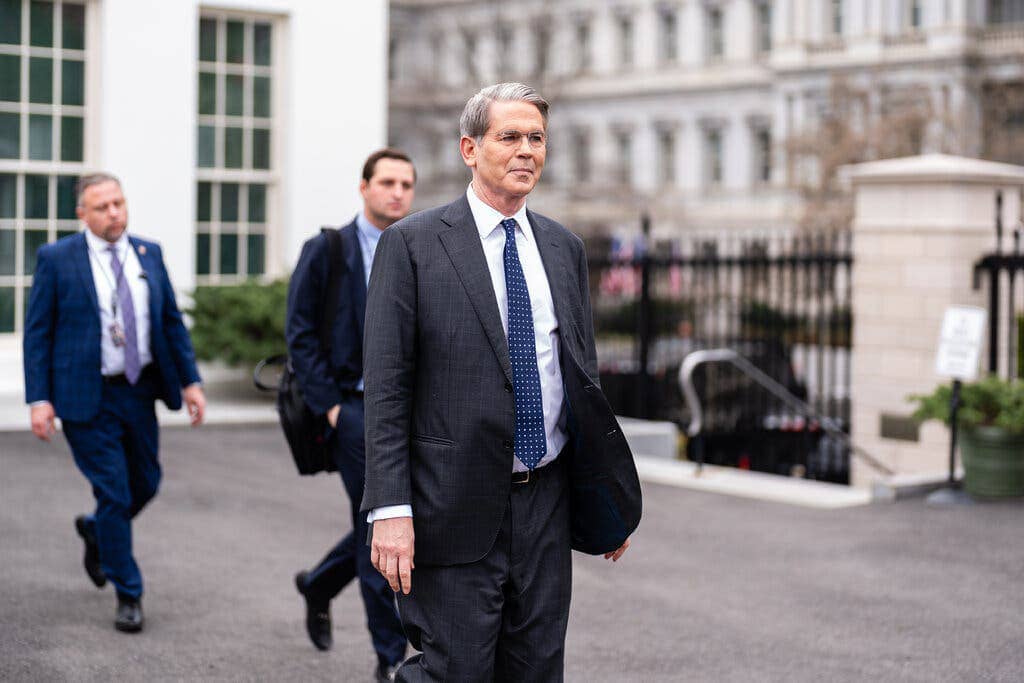By Burnett Munthali
Top economic officials from the United States and China are convening in Geneva on Saturday for what many analysts are describing as one of the most critical trade negotiations in recent memory.
This high-stakes meeting comes amid mounting concerns over the stability of the global economy, which continues to reel from the impact of a protracted trade war initiated during President Donald Trump’s administration.
The trade war, marked by tit-for-tat tariffs, retaliatory trade barriers, and rising political tensions, has severely disrupted global supply chains, strained bilateral relations, and rattled financial markets worldwide.
Saturday’s negotiations, therefore, are being closely watched not only by political leaders and investors, but also by economists, trade unions, and ordinary citizens whose livelihoods depend on a stable and predictable global economy.
At the center of these discussions is the urgent need to recalibrate the trade relationship between the world’s two largest economies—whose rivalry increasingly defines the contours of global commerce and geopolitics.
While details of the agenda remain closely guarded, sources familiar with the talks suggest that officials are expected to address several contentious issues, including intellectual property rights, market access, technology transfer, and the ongoing tariffs on hundreds of billions of dollars’ worth of goods.
The United States is reportedly pushing for stronger enforcement mechanisms to ensure that any agreement reached is binding and verifiable—seeking to prevent a repeat of past instances where promises were made but not honored.
China, on the other hand, is emphasizing the need for mutual respect, fair treatment, and the rolling back of punitive tariffs that it argues are unjust and detrimental to global economic recovery.
Tensions are particularly high given that previous rounds of talks have often ended in stalemate, with both sides unwilling to concede on key national interests.
However, analysts believe that the current economic climate—characterized by slowing growth, inflationary pressures, and increased global uncertainty—might push both parties toward a compromise.
The choice of Geneva as the venue is also symbolic, reinforcing the importance of multilateral diplomacy and the rules-based global trading system championed by institutions such as the World Trade Organization.
The outcome of these negotiations could set the tone for global trade dynamics over the next decade, influencing everything from the price of consumer goods to the structure of strategic alliances.
Failure to reach a constructive agreement may trigger further economic fragmentation, with countries being forced to pick sides in a bifurcated global system.
On the other hand, a successful negotiation could pave the way for renewed economic cooperation, de-escalation of tensions, and a much-needed boost to global investor confidence.
As the world watches Geneva, the stakes could not be higher, and the decisions made behind closed doors may well shape the economic destiny of billions of people.




